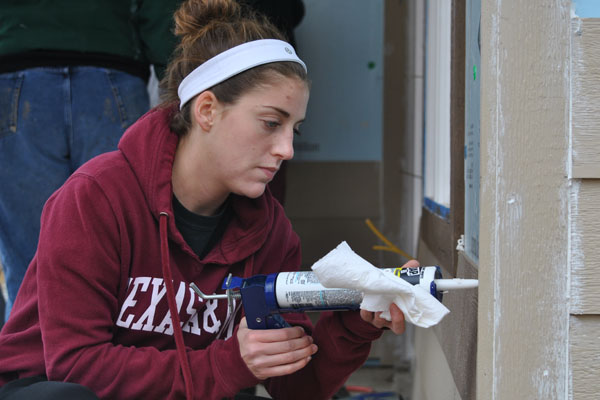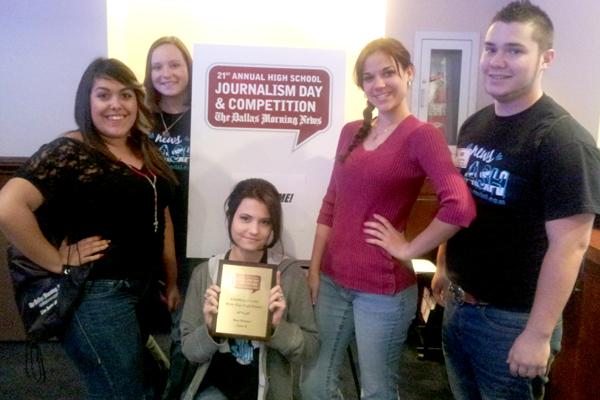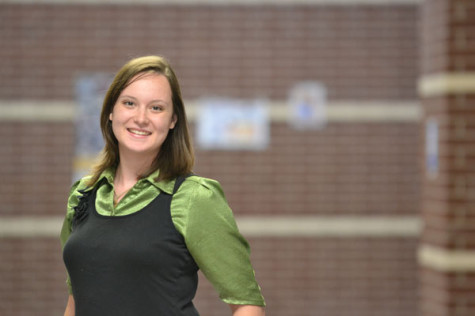Bill for private schooling in the works
Government officials and school systems alike are calling it the “civil rights issue of our day.” Vouchers to send specific students to private schools are in the works, but the question on everyone’s mind is: will this improve the standard of education or just pour government dollars into the pockets of privatized education?
These vouchers, paid for by the Texas government, would send students to private schools at a decreased cost to the students or their family. The vouchers would give the money to the school in the form of a scholarship to the student, so their family would only pay a part of the tuition, the rest would be made up by the voucher.
“I think it puts pressure on schools to perform,” social science teacher Colby Pohlmeier said.
However, some educators are not convinced that sending kids to private schools will in any way improve the standard of education in public schools.
“I don’t especially care for it,” Science teacher Dr. Eric Best said. “The way it’s set up right now, it’s really not going to benefit anyone except for those who can already afford to send their children to private school.”
Private schools could recruit the students they would want to attend their institution.
“I hope they look for two criteria: a record of academic achievement and need,” Best said.
The idea is that if there is proper motivation to succeed and get recruited into these schools that the students will put in more effort towards their studies.
“If I’m an education-conscious parent, I would like to have a way to send my children to a good school without selling my house,” science teacher Steve Abrams said.
According to a 2012 Gallup poll on education, of parents of children K-12 only 37 percent rate the education their children receive at a public school excellent or good, while 78 percent of private school parents rate their child’s education as excellent or good.
“For the students who meet the criteria it could be very good,” Best said. “Getting a good student who tries hard out of a bad environment and into one with other students who work could be very beneficial.”
Questions in the legislation at this moment include how the private schools would choose the students they wanted to enroll and if they would be held by any restrictions in curriculum or enrollment.
“I think ultimately what will happen is that most of the best kids will be in private schools which is going to lower the standards of public schools,” Abrams said. “As long as [the schools] remain private schools, the government can’t regulate them.”
Proposers claim that focusing funding on successful schools will save the government $9.8 billion annually.
“I don’t think it’s the fix for the entire state,” Pohlmeier said. “I don’t think it’s solving the fundamental issue of how to educate the students.”








